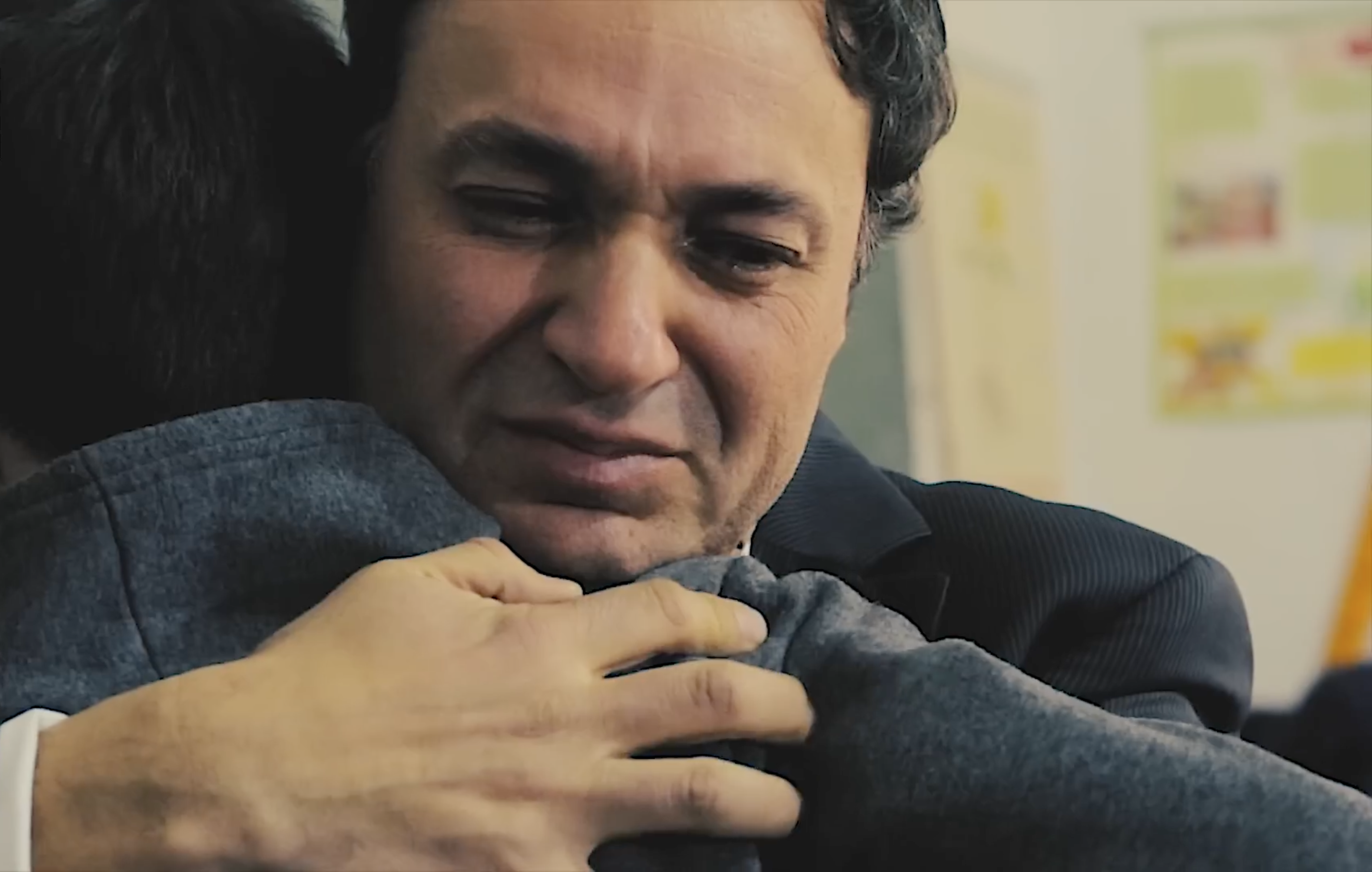Recently, the New York Times posted an article about how “some couples are using professional project-management software to maintain their relationships.”
In a way, it makes sense.
Many of the couples I work with get into recurring fights around the management of their shared life.
One partner feels resentful for feeling like they have to project manage the home, while the other feels constantly on-edge, afraid of being criticized.
Usually, both partners end up feeling defensive, resulting in a negative feedback loop where neither feels seen or heard.
Sound familiar?
Naturally, we want to “fix” this — to find a solution, so we don’t have to feel this pain anymore.

Our brains jump into problem solving mode:
- We make color-coded google calendars…
- Keep sticky-notes on the fridge…
- Try the latest relationship “hacks” on Tiktok…
- Experiment with the latest task management technology (see coexist)…
- Or even participate in relationship “offsites” much like a corporate retreat.
Don’t get me wrong, these things can be incredibly useful. There’s nothing wrong with making lists.
But what if I told you that these “solutions” are really just superficial bandaids for deeper emotional wounds…?
That the real “solution” lies in tending to the attachment longings that lie beneath the surface of a negative cycle…?
It’s smart to have some bandaids in your first aid kit, but on their own, they just don’t offer the appropriate level of care.
If you appreciate thinking in metaphors, here’s another one I find helpful, offered to me by my friend and fellow Empathi couples therapist, Alissa:
Chore wheels, lists, task-management, relationship offsites… doing them is like taking your vitamins.
They can improve your health and enhance the way you feel, but you still need food.
Vitamins are pointless without a healthy, balanced diet.
You will be most nourished if the bulk of your nutrition comes from “food” — which, with respect to relationships, comes from feeling deeply seen and loved by your partner in your most vulnerable, wounded places.
Recently, my supervisor Figs shared a short film with the Empathi staff called “Don’t Judge” by Elvis Naci.
The film portrays a young boy who repeatedly shows up late to school. Each time he shows up late, his teacher slaps his hand with a ruler in front of the whole class.
Day in and day out, the boy shows up late.
And each time, his teacher slaps him.
One day, before school, the teacher sees the young boy running to push his brother in a wheelchair to a daycare center nearby. At that moment, the teacher realizes that his assumptions about the boy’s reason for being late were wrong. The actual reason was innocent — even noble.
That same morning, the boy shows up late again, and offers his hand out to the teacher with anticipation.
To the boy’s surprise, the teacher lays his ruler down, kisses the boy’s hand, and hugs him.

When it comes to relationships, we all have our own version of that little boy inside who’s felt hurt and misunderstood.
Yet so often we can’t access that part of our partners, let alone acknowledge that the pain of that little boy exists in ourselves.
As human beings we do everything we can to remain distant from our own heartbreak and our partner’s heartbreak. It’s more comfortable on some level to blame, defend, criticize, and withdraw, than to really stand in that middle place between the trigger and our reaction — the place of our suffering.
When you look solely to organizational systems that emphasize behavior change to solve our relationship problems, not only will you be doomed to eventually trigger each other, but you also miss out on experiencing perhaps the most profound gift of relationships.
This gift is, to me, the opportunity to give and receive love more fully — to kiss the hand, so to speak, of the most vulnerable parts of ourselves, and of our partner.
What greater satisfaction, peace, and joy is there in life than that?



